
Angels, Devils, and the Internal Creative Crisis

Light versus dark. Good versus evil. You versus that little voice in your head telling you to pack it up, that you’ll never be as good as your peers — “you should go live in a cave.”
That smirking bastard who lives in the heads of so many creatives has a familiar name. Imposter Syndrome.
It’s not enough that you’re competing against millions of other people — Bastard: “People who have more natural skill in their pinkies than you have in your whole body!” (THERE HE IS AGAIN) — you’re also competing against your inner-asshole.
And nothing has derailed more creator careers than that voice — that demon.
If there is a silver lining to this dark cloud, it’s the fact that you’re not alone.


It’s literally all of us.
"Uh-oh, they’re going to find out now,” a sinister little voice told her. “I’ve run a game on everybody, and they’re going to find me out.” But the great American poet Maya Angelou still wrote 11 books.
The voice never left her, even as her shelves filled with awards.
Yeah, it’s not just you, and it’s certainly not exclusive to digital creatives. But the digital age has definitely amplified this voice. In 2024 alone, one study reported a staggering 74% increase in inquiries for imposter syndrome.
Each like, share, and algorithm tweak becomes another opportunity for that devil to whisper comparisons in your ear.
#MainCharacterEnergy needs a recharge, apparently. The platforms demanding we showcase our authentic brilliance are meticulously designed to make us question it.


Origin Story
Before TikTok therapists were diagnosing everyone with main character deficiency, two psychologists in the 1970s gave our collective creative anxiety an official-sounding term. Only, the reasons were a little more sinister than naming the problem.
Psychologists Pauline Rose Clance and Suzanne Imes christened 'The Impostor Phenomenon' in 1978, focusing on high-achieving women who couldn't shake the feeling they were intellectual con artists about to be exposed.
Why would high-achieving women, with college degrees, great jobs, and overwhelming accolades ever feel like they were perpetrating identity theft?
It couldn’t possibly have anything to do with the world doing everything in its power to undermine their accomplishments.
(Narrator voice) The world was doing everything in its power to undermine their accomplishments.
Instead of examining a system designed to make women doubt themselves, these academics prescribed self-improvement for a structural problem.
Do you need any additional fuel to punch that devil on your shoulder in his sweaty neck rolls?


Metrics vs. Meaning
“Ter-ree-blay,” an angry Italian man screams into Michaelangelo’s curly-haired head. “ANCORA!” (AGAIN). Could the Sistine Chapel have been completed in a few weeks if Mike wasn’t busy combating the devil on his shoulder?
I mean, his crisis probably came more in the form of metaphorical and metaphysical meaning, not metrics. Potato tomato, right?
While Renaissance masters worried about pleasing God and wealthy patrons, today's creators obsess over likes, shares, and engagement rates.
The devil has simply updated his vocabulary.
Where once he whispered "Your art lacks divine inspiration," he now mocks "Only 2.3% engagement? Pathetic."
The tragedy isn't just that we've replaced spiritual fulfillment with statistical validation, but that we've convinced ourselves these numbers actually mean something.
Michaelangelo never knew how many people stood awestruck before his work each day.
We can't stop checking. Refreshing. Obsessing.
Resistance Fighters
Some creators have turned their relationship with the devil inside out.
Elizabeth Gilbert wrote about creativity as a partnership with external genius rather than personal burden. "I showed up for my part of the job," she said, shifting responsibility away from the crushing weight of self-doubt.
Lizzo broadcasts her vulnerabilities alongside her confidence, refusing to present only polished perfection. Her TikTok practice sessions expose the messy reality behind final performances, essentially telling the devil "Yeah, I see you. So what?"
Donald Glover once admitted he checks online comments to find the harshest criticism, then deliberately incorporates elements of that criticism into his next project. It's like feeding the devil his own tail.
These aren't inspirational poster strategies. They're pragmatic recognitions that the voice never fully disappears.
But perhaps the goal isn't silence — it's changing the conversation.


Open Dialogue (on your shoulders)
The truth is, both voices – angel and devil – serve a purpose.
One pushes us forward. The other keeps us humble. But neither deserves a monopoly on your creative headspace.
Perhaps we've been thinking about imposter syndrome all wrong. It's not a diagnosis to overcome. Not a burden unique to the insecure.
It's just what happens when creative ambition collides with a world hell-bent on quantifying your magic.
So next time that devil starts whispering sweet nothings about caves and inadequacy, don't silence him. Just make sure your angel gets equal airtime.
Then get back to creating whatever the hell you want.
Read on:


All
Artificial Exploitation


All
She Sold her Bathwater, but You Drank it
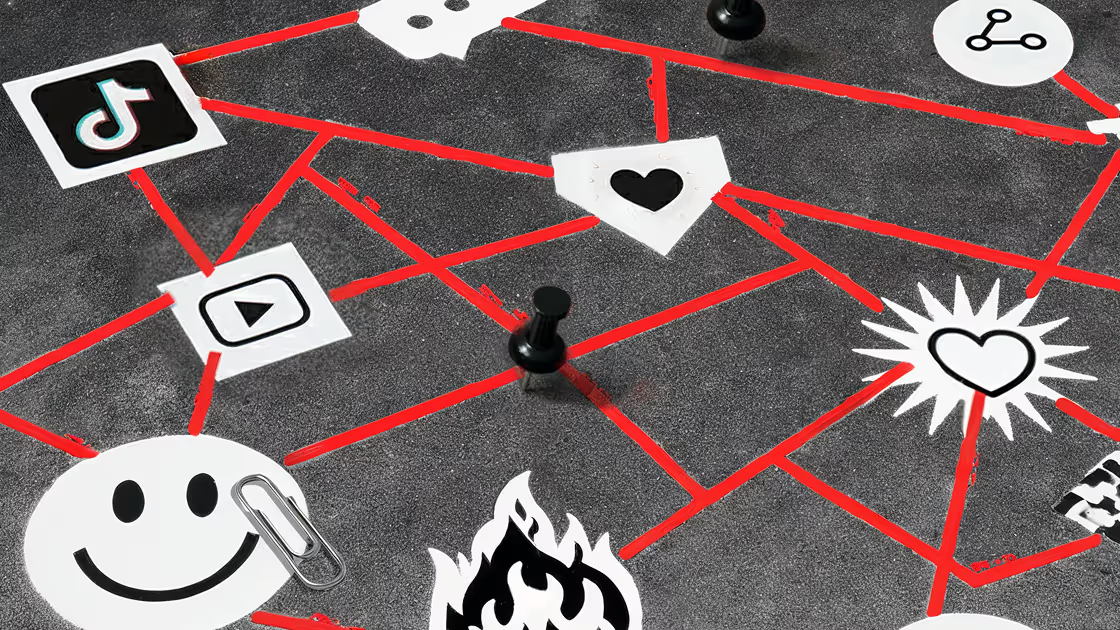

All
CRIMINAL INVESTIGATION REPORT: THE GLEEFUL DEATH OF TRADITIONAL MARKETING
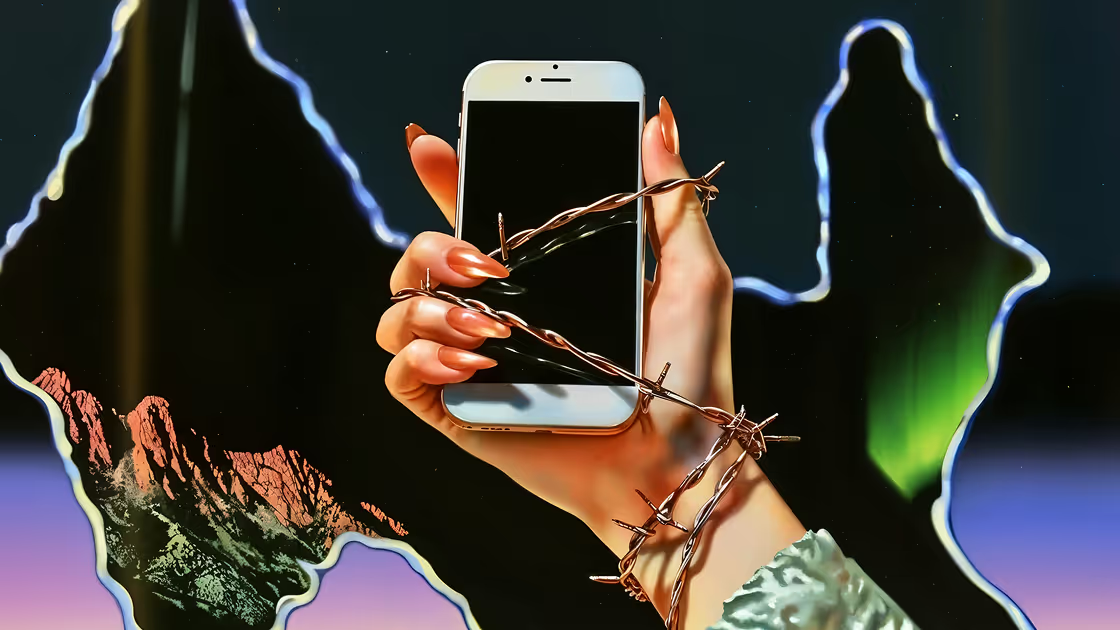

All
Hot Takes, Typos, and Total Chaos: The Secret Tactics Driving Online Engagement
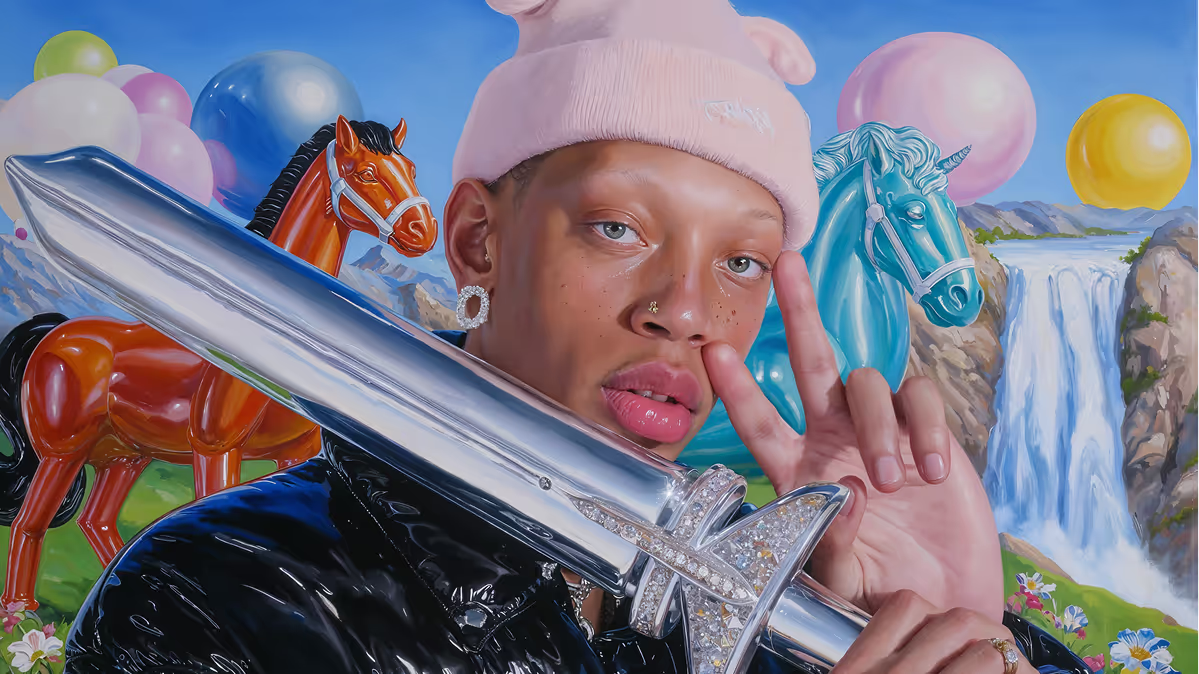

All
THE DEATH MARCH OF HYPERCOLOR BALLOON SWORDS
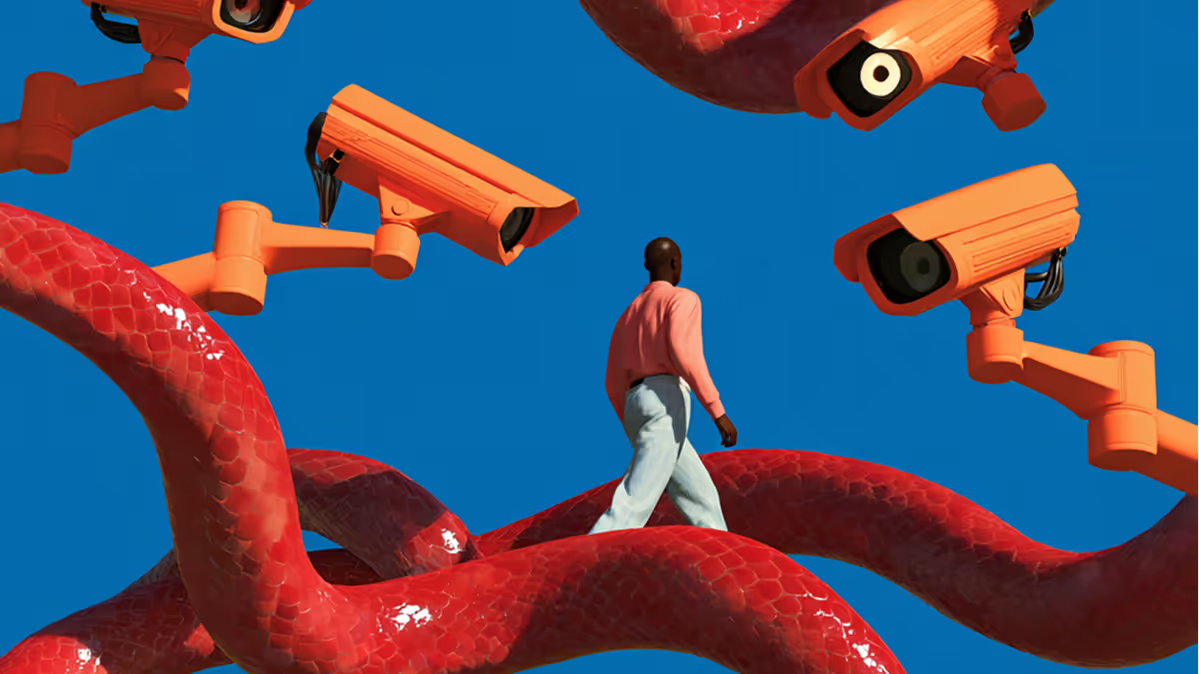

All
“They’re Watching Me”: Gang Stalking, Internet Delusions, & the Modern Mindf*ck
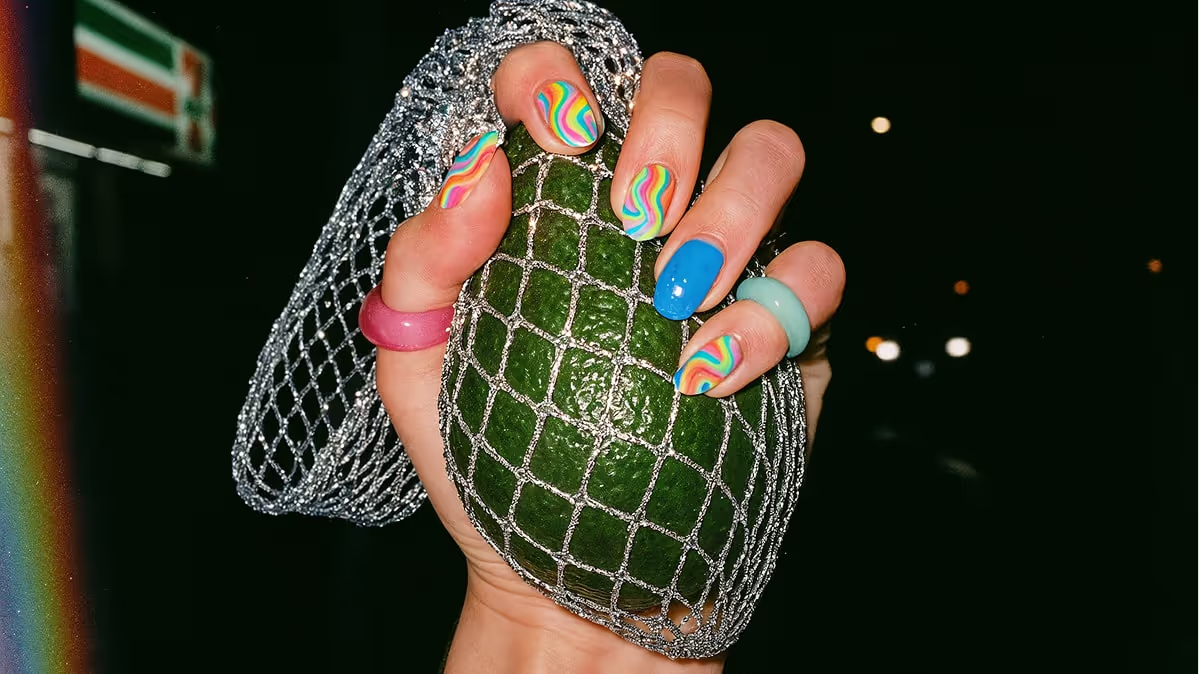

All
The Unripest Avocado: Nicholas Perry and the Dangers of Audience Capture


All
Branded Since Birth


All
How to not be a shitty affiliate seller, a talk with So_Narly


All
Parasocial Profit: The Unethical Underbelly of Affiliate Marketing


All
Stitch Incoming: Annie Stafford, Niche, and the Future of Fashion


All
Step right up!


All
Cooking Up a Social Media Empire


All
Right & Wrong Reasons to Expand


All
Have Influencers Peaked?


All
What’s Your Creator Fortune?


All
Mercy Kill Your Online Persona


All
Still Posting Post-Death


All
Cardboard Pizza: The Deadly Art of Losing Your Social Media Credibility


All
From Mr. Beast to Mr. Least?


All
Robots & Red Lace


All
Parental Discretion (Still) Advised


All
It’s 2024 and — Wait, Email Doesn’t Suck?


All
What’s a like on Instagram ‘worth’ in 2024?


All
A crash course in "crash course"


All
Speed sells: Why it’s important to respond lickety-split
© 2026 Manychat, Inc.



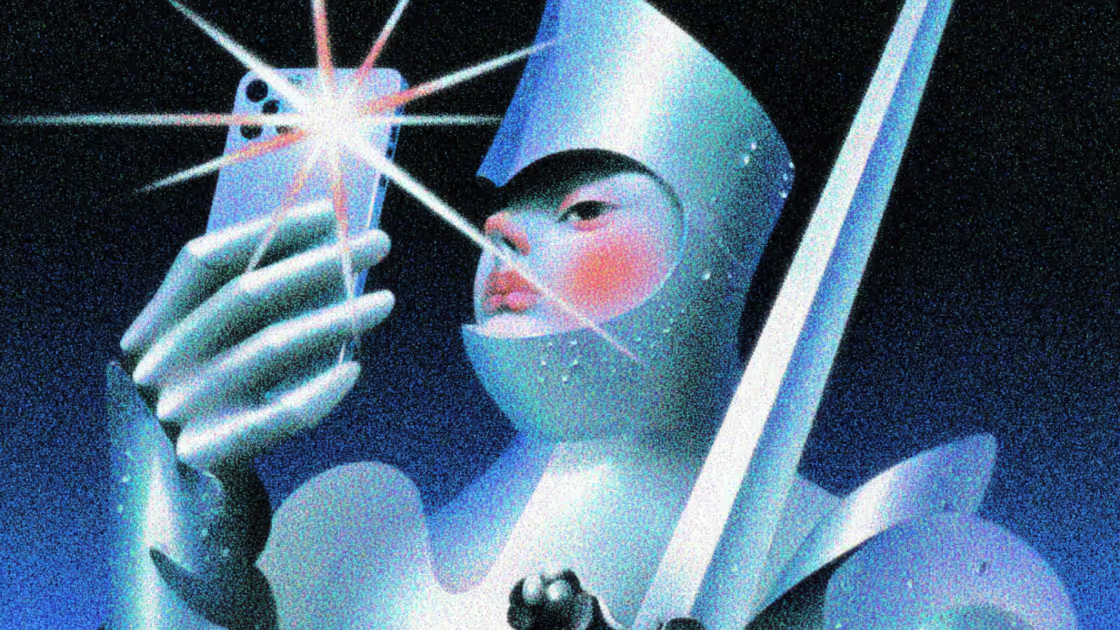
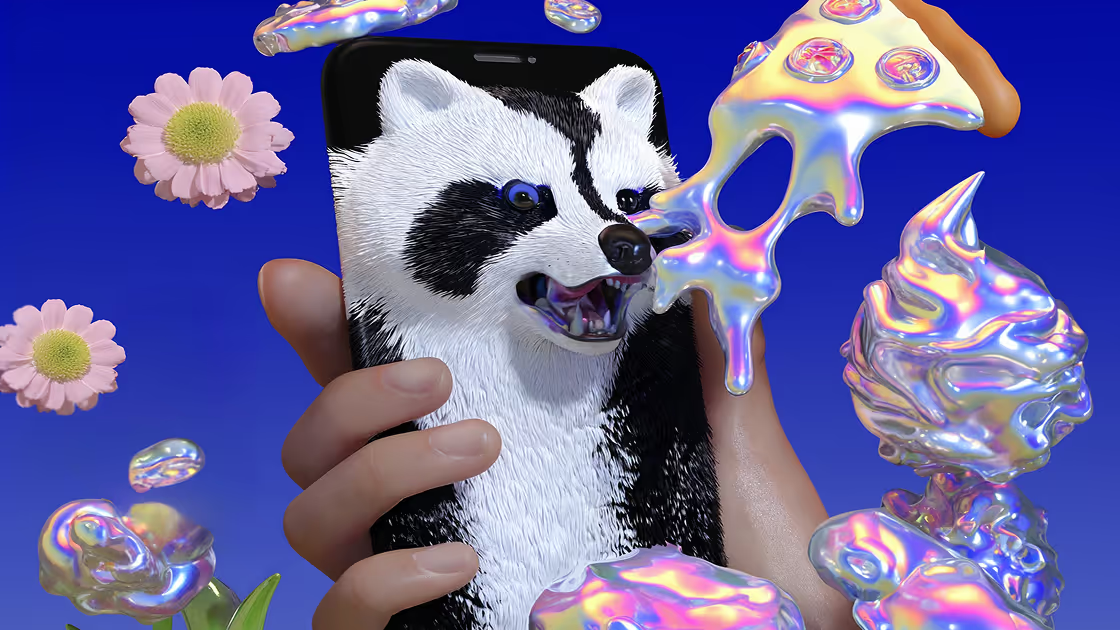
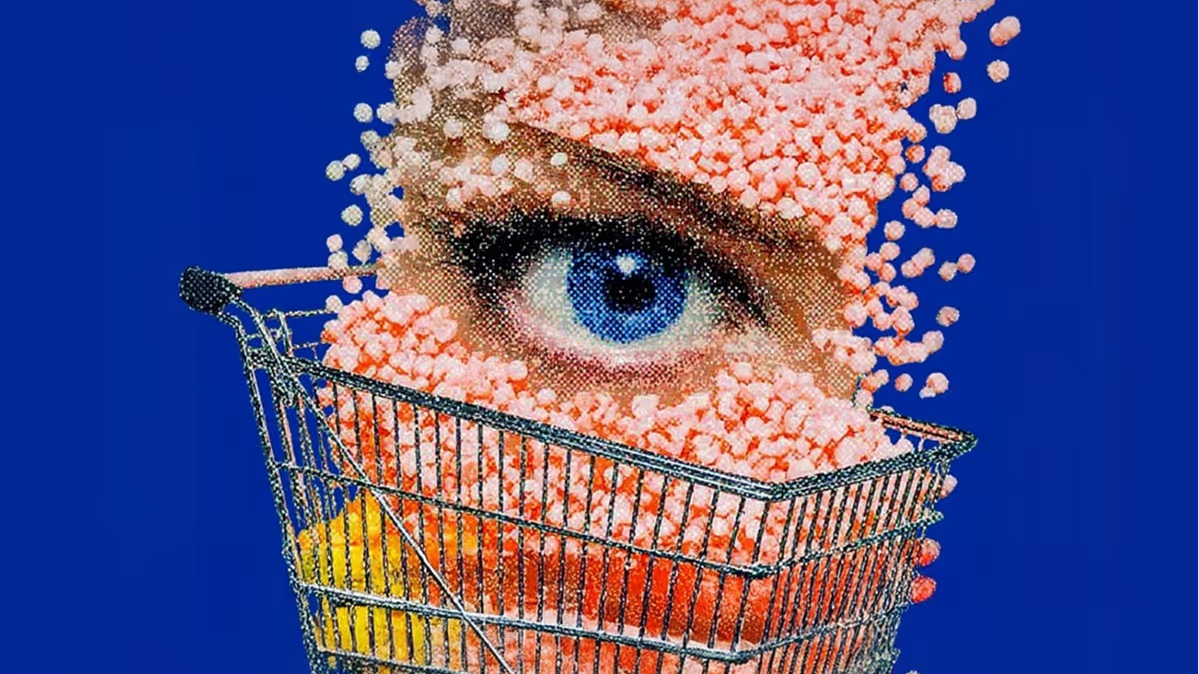
.avif)

















